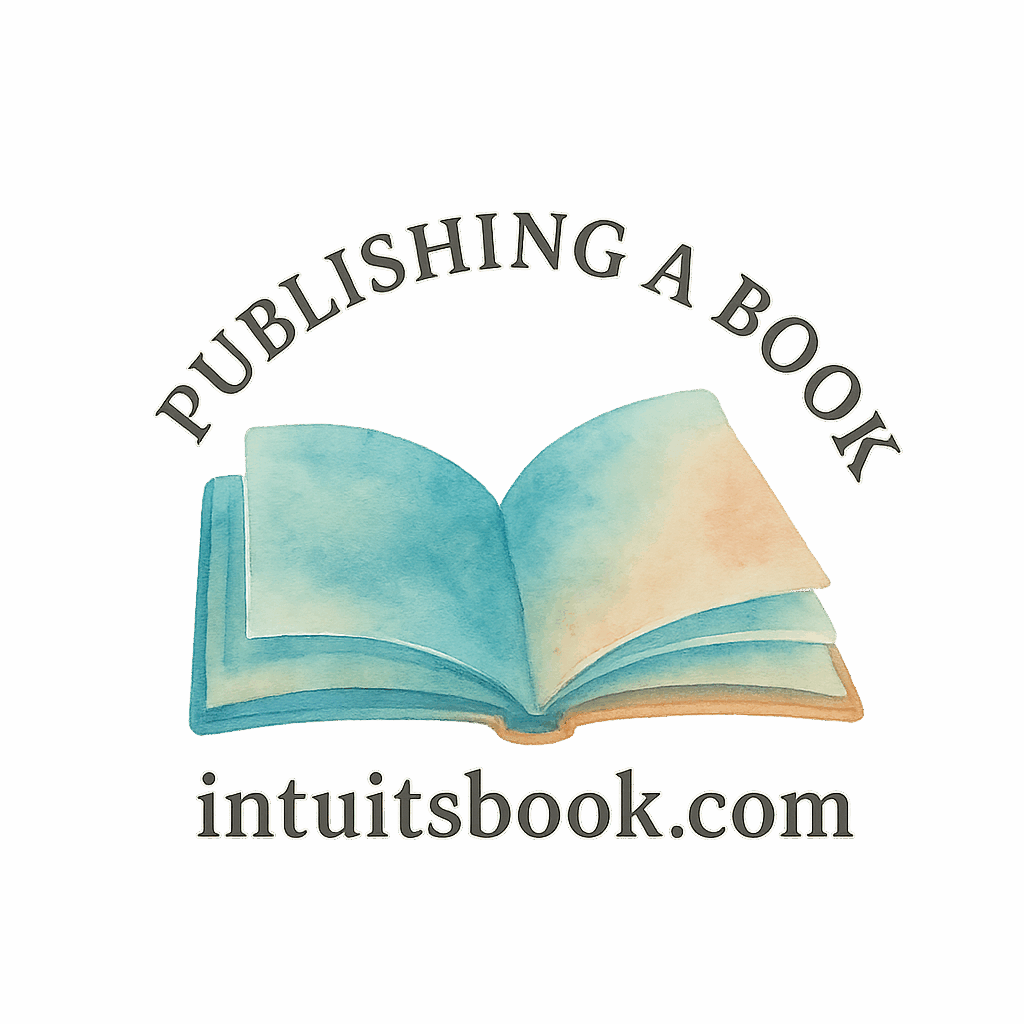Introduction: The Lure and the Trap of Book Publishing Offers
You’ve written a book—congrats! That’s a huge milestone. But the next step? Getting published. And this is where things can get tricky. With so many offers and packages out there, how do you know which are legit and which are traps?
Let’s be honest: book publishing offers are everywhere. Some are golden opportunities, while others are polished scams in disguise. This guide will break down 12 red flags to help you avoid the latter.
Ready to protect your passion and publish smart? Let’s dive in.
1. Lack of Transparency in Pricing
Hidden Fees That Drain Your Budget
If a publisher can’t give you a clear cost breakdown upfront, that’s your cue to run. Too many authors fall for vague estimates like “starting at $999,” only to be slapped with surprise charges later.
A reputable publisher should provide a detailed invoice before you commit. And if they dodge questions about money? That’s a 🚩.
Want to learn about budgeting for self-publishing? Visit our self-publishing hub for expert advice.
2. No Clear Contract Terms
Vague Language and Ambiguous Clauses
Contracts are supposed to protect you—not confuse you. If you’re staring at legal jargon that doesn’t define key terms (like royalties, ownership, or marketing scope), don’t sign.
Consult an expert or check out resources from traditional publishing professionals who know what solid contracts should look like.
3. Overpromising Without Proof
Guarantees That Sound Too Good to Be True
“If you sign with us, we’ll get you on the bestseller list.” Really? That’s a bold claim—especially with no track record to back it up.
Legit publishers showcase past client successes. If they’re making big promises with no receipts, it’s likely a scam.
Learn more from trusted book marketing strategies that actually work.

4. Pressure to Sign Immediately
Urgency Is a Manipulation Tactic
“Limited slots left!” or “This offer expires in 24 hours!” sound familiar? These are classic sales pressure tactics.
A good publishing partner gives you time to think, research, and decide. Don’t confuse urgency with opportunity.
Want help evaluating offers? Our author education section has your back.
5. Excessive Control Over Your Work
Losing Creative and Legal Rights
Be very wary of any publishing offer that takes ownership of your copyright. Your story is your intellectual property. Period.
Some contracts bury clauses where the publisher keeps your rights for years—even if the book flops.
Read our writing process section to understand how to protect your vision.
6. Lack of Portfolio or Reviews
No Proof of Past Success = Big Risk
Reputable publishers proudly showcase books they’ve launched. If your contact can’t share published titles, verified testimonials, or links to successful projects—that’s a red flag.
You wouldn’t hire a chef who’s never cooked. Same logic applies here.
Check for trusted publishers on our book publishers tag.
7. No ISBN or Distribution Support
ISBNs Matter More Than You Think
Some shady companies leave this out, which means your book won’t appear on Amazon, bookstores, or libraries. That defeats the purpose of publishing, doesn’t it?
A real publishing partner walks you through the ISBN process or handles it on your behalf.
Explore ISBN and distribution essentials in our manuscript steps section.
8. Vague or Missing Marketing Plan
“We’ll Promote Your Book” Isn’t Enough
Every author wants visibility—but not every publisher delivers it. If the offer doesn’t include a clear marketing strategy with deliverables (like ads, reviews, outreach), you’re likely being sold fluff.
Not sure what real marketing looks like? Check out our free marketing tips.
9. They Don’t Respect Your Genre or Vision
Your Book Isn’t a Template
Beware of publishers that push you into cookie-cutter categories. Your romance novel isn’t a thriller. Your memoir isn’t a fantasy epic. If they try to reshape your vision to fit their mold, walk away.
Discover how to stay true to your idea with our book idea resources.
10. Poor Communication and Customer Service
Ghosting You? Not a Good Sign
If emails go unanswered for weeks or your questions are ignored, imagine how they’ll handle your book launch. Communication is the backbone of a successful author-publisher relationship.
Your publishing partner should feel like a collaborator, not a customer service black hole.
Tap into independent author communities that care about author success.
11. Excessive Focus on You Paying Them
Hybrid Publishing or Vanity Scam?
While some hybrid publishers are legit, many are just vanity presses in disguise. They talk more about what you need to pay than what they will do to earn it.
Ask for ROI breakdowns, service scopes, and sales case studies. No data? No deal.
Explore differences in publishing types here and here.
12. No Access to Sales Reports or Royalties
You Deserve Full Transparency
You should never be in the dark about how your book is doing. A trustworthy publishing offer includes access to live or monthly royalty and sales reports.
Without that, how do you know if your book is even selling?
Learn to demand transparency with our sell books guide.
Conclusion: Trust Your Gut and Do Your Research
Publishing your book is a major step—and a dream come true for many authors. But don’t let excitement blind you to the risks.
Avoiding bad book publishing offers is just as important as writing a great book. If something feels off, it probably is.
Use tools, resources, and support from communities like Intuitsbook to make informed decisions. You’ve poured your soul into your book—don’t let a shady deal steal your thunder.
FAQs
1. What’s the difference between vanity and hybrid publishing?
Vanity publishers profit from authors, while hybrid publishers share both cost and profit—but only if legit. Always ask for a proven business model.
2. Should I self-publish or go traditional?
It depends on your goals. Self-publishing offers control and speed. Traditional offers prestige and reach. Read more on both paths here.
3. How do I know if a publisher is legit?
Check reviews, ask for portfolios, confirm ISBN support, and verify author testimonials. Visit publishing hacks for due diligence tips.
4. Can I negotiate a publishing contract?
Yes, and you should. Look for negotiation guidance in our query tips section.
5. What if I already signed a bad deal?
You may be able to exit. Consult a literary attorney and visit author tools for help navigating your next step.
6. What should a legit publishing offer include?
It should cover ISBNs, editing, distribution, royalty structure, and marketing—all in clear terms.
7. Where can I learn more about the publishing process?
Our writing tips section and publishing courses offer everything you need to build your author career.


